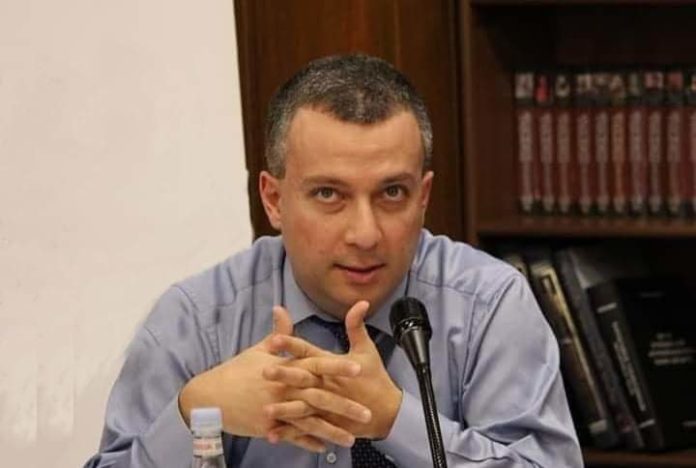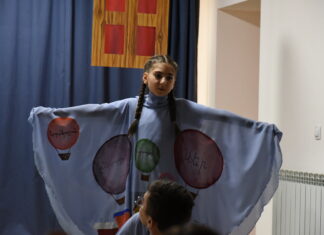Armenia and Turkey started a new phase of normalization at the end of 2021, appointing special representatives to draw up recommendations. From the beginning, Turkey stated that the process should be carried out without any preconditions. However, in the last two years Ankara has put forward various preconditions and failed to take steps agreed upon during negotiations.
Armenia–Turkey relations have always been a significant factor impacting regional geopolitics in the South Caucasus. In the period between the first and the second Nagorno-Karabakh wars, many viewed normalization of Armenia–Turkey relations as having the power to help settle the conflict. Another significant factor influencing the process was the West’s perception that Armenia–Turkey normalization might enable Armenia to reduce its dependence on Russia, as “without fear of Turkey, Armenia will need Russia less.”
Several initiatives have been launched to normalize relations between the two countries on track 2, track 1.5, and track 1 levels, such as the Turkish-Armenian Reconciliation Commission in 2001–2004 and “Football Diplomacy” in 2008–2009. However, these did not bring any tangible results, as Turkey repeatedly imposed preconditions, including the “de-occupation of Nagorno-Karabakh,” and abandonment of the Armenian state policy of supporting international recognition of the Armenian Genocide.
When, after the second Nagorno-Karabakh War of 2020, Armenia and Turkey embarked upon a new process of normalization it was supported by both the West and Russia. The West’s motives were the same: Armenia–Turkey normalization would make Armenia less afraid of Turkey, enabling Yerevan to take tangible steps to move away from Russia. As Armenia–Russia relations began to deteriorate in 2022, the potential benefits of Armenia–Turkey normalization as a tool to pull Armenia away from Russia became more substantial.
Russia, on the other hand, was interested in Armenia–Turkey normalization as an essential step in stabilizing the South Caucasus and opening new communication routes to connect Russia with Turkey via Azerbaijan and Armenia. This task has become more pressing for Russia since the start of the Russia–Ukraine War, as Moscow is looking for alternative supply routes.
Armenia and Turkey officially started the new normalization process in January 2022 when their respective special representatives met in Moscow. A second meeting took place in Vienna in February 2022, and a third, again in Vienna, in May 2022. After each of these meetings, the parties confirmed that the goal of the negotiations was to achieve full normalization between Armenia and Turkey and reiterated their agreement to continue the process without preconditions. It seemed that the process was gaining momentum in July 2022, when after their fourth meeting in Vienna, Armenia and Turkey agreed to enable the crossing of the land border between Armenia and Turkey for third-country citizens visiting Armenia and Turkey, respectively, and to inaugurate direct air cargo trade between Armenia and Turkey.








